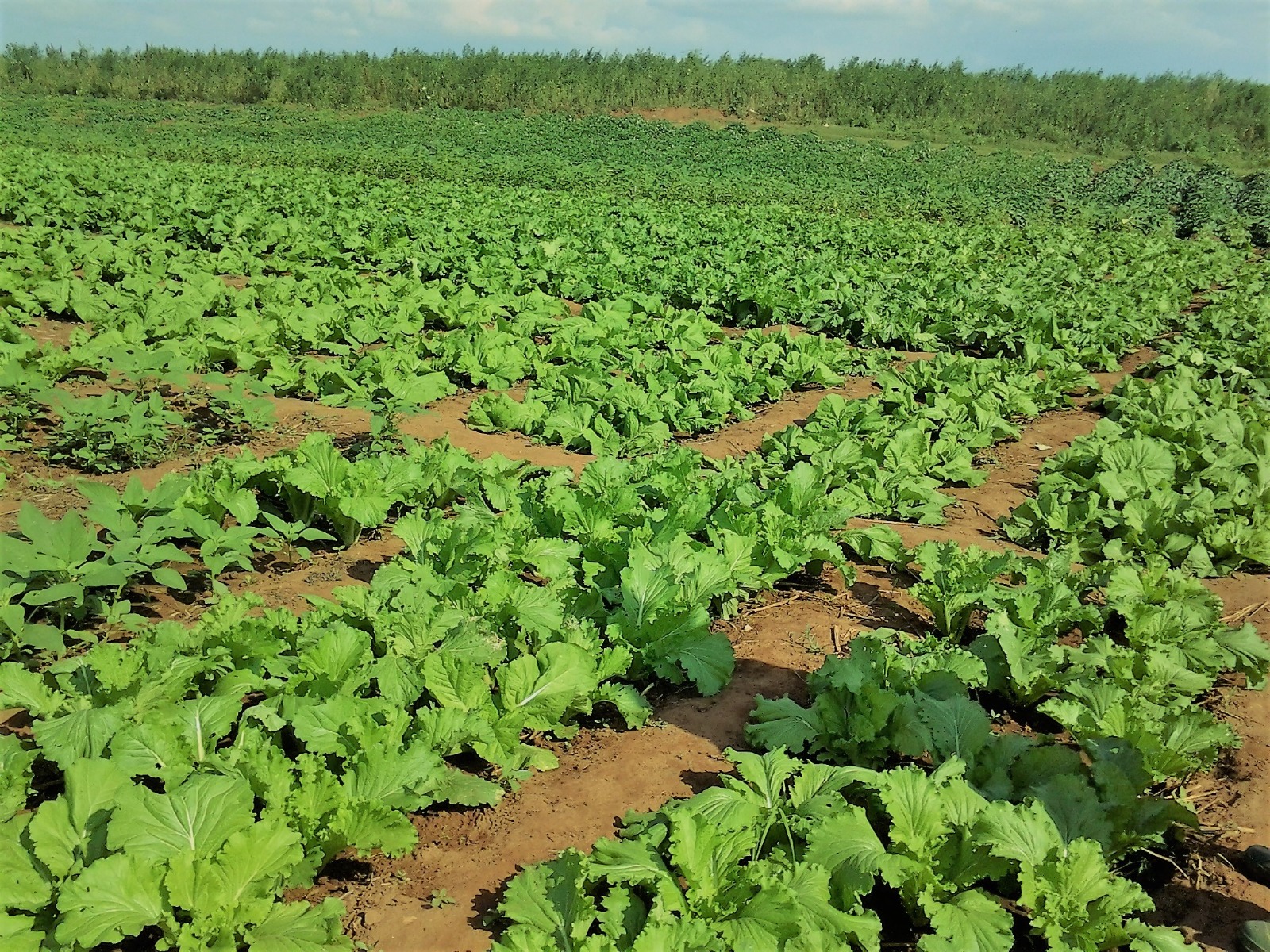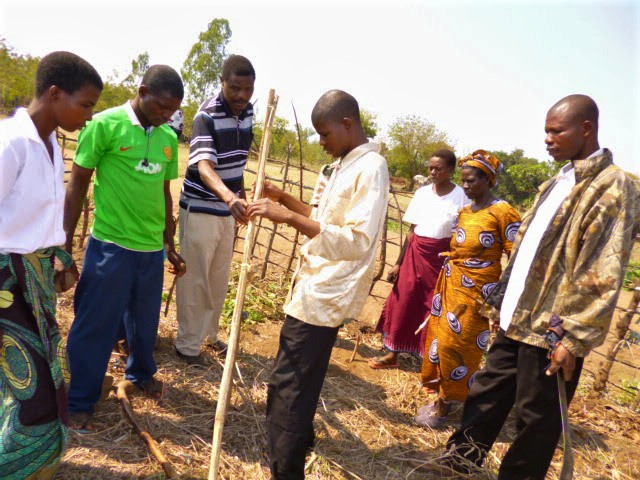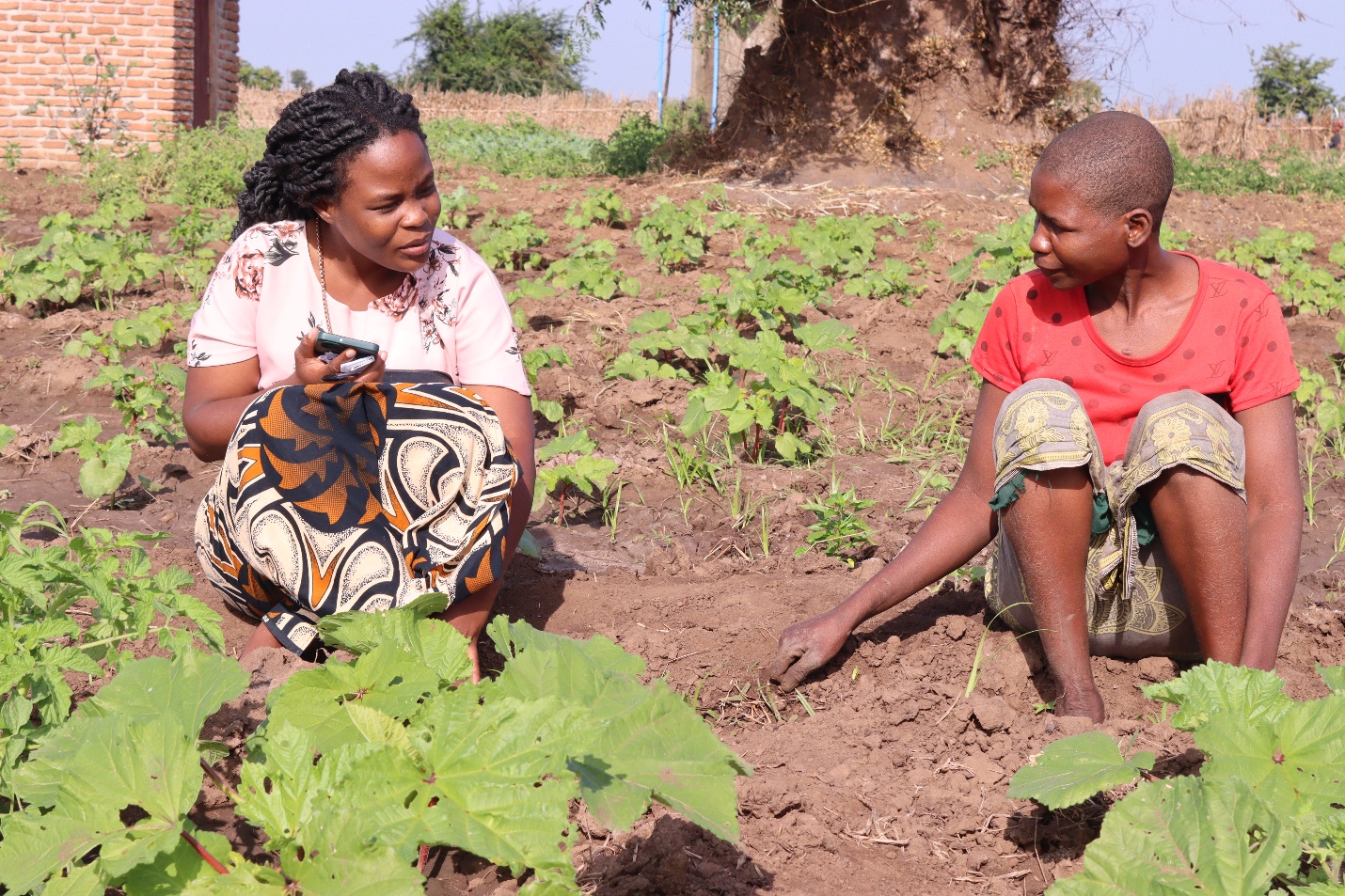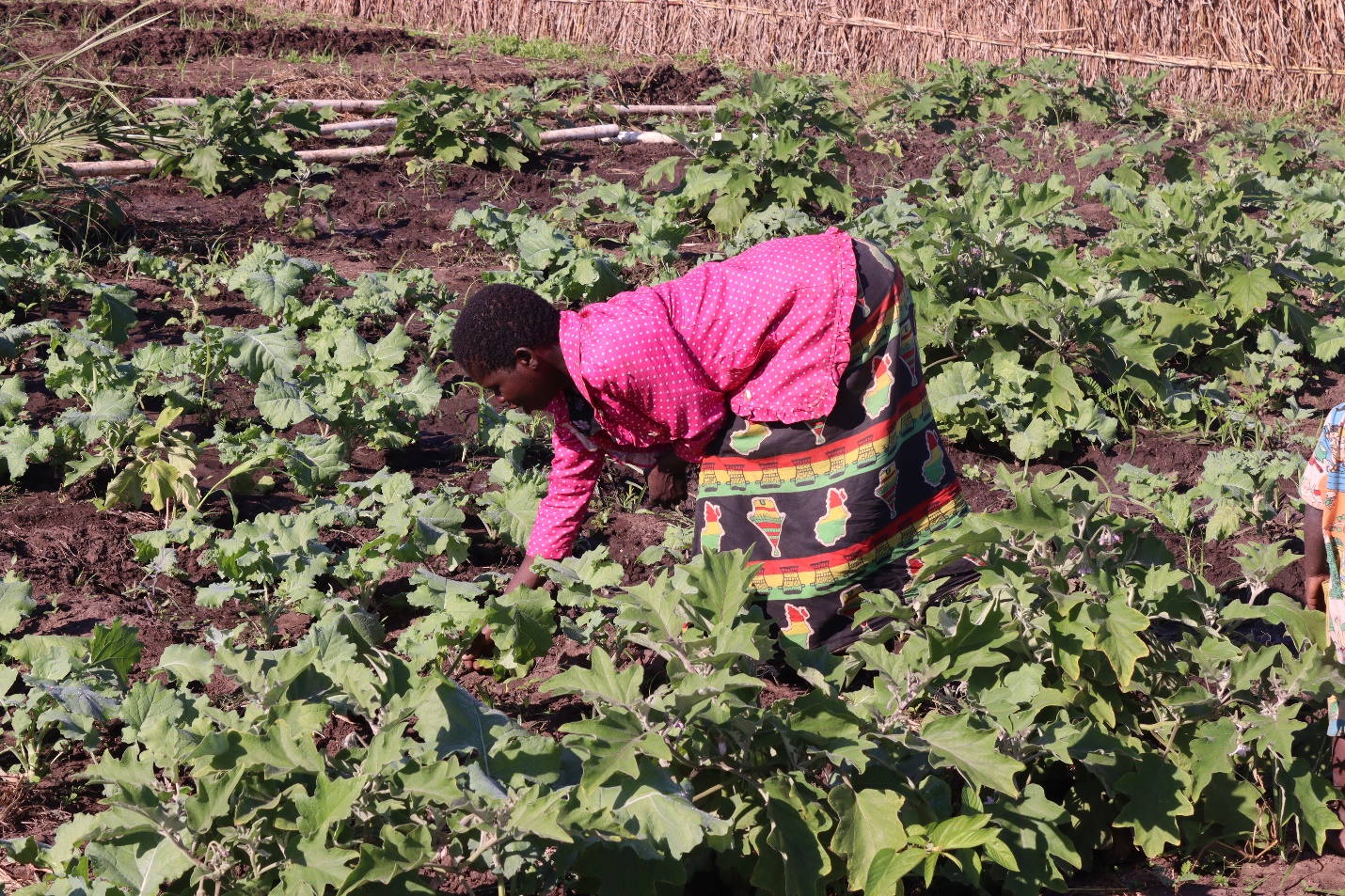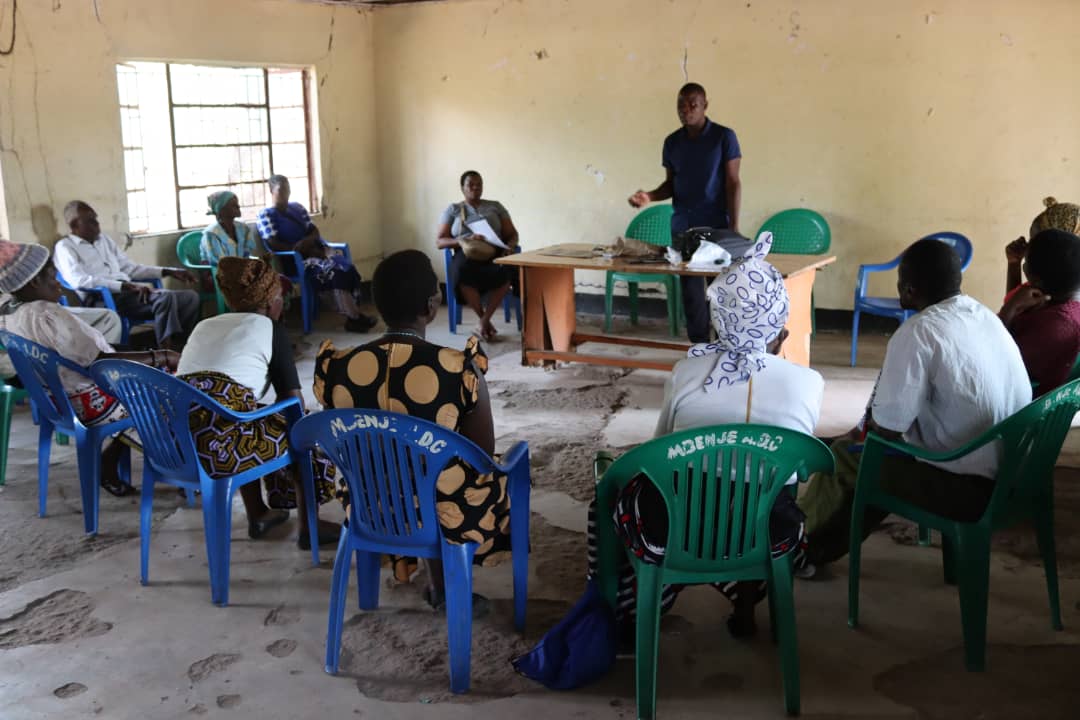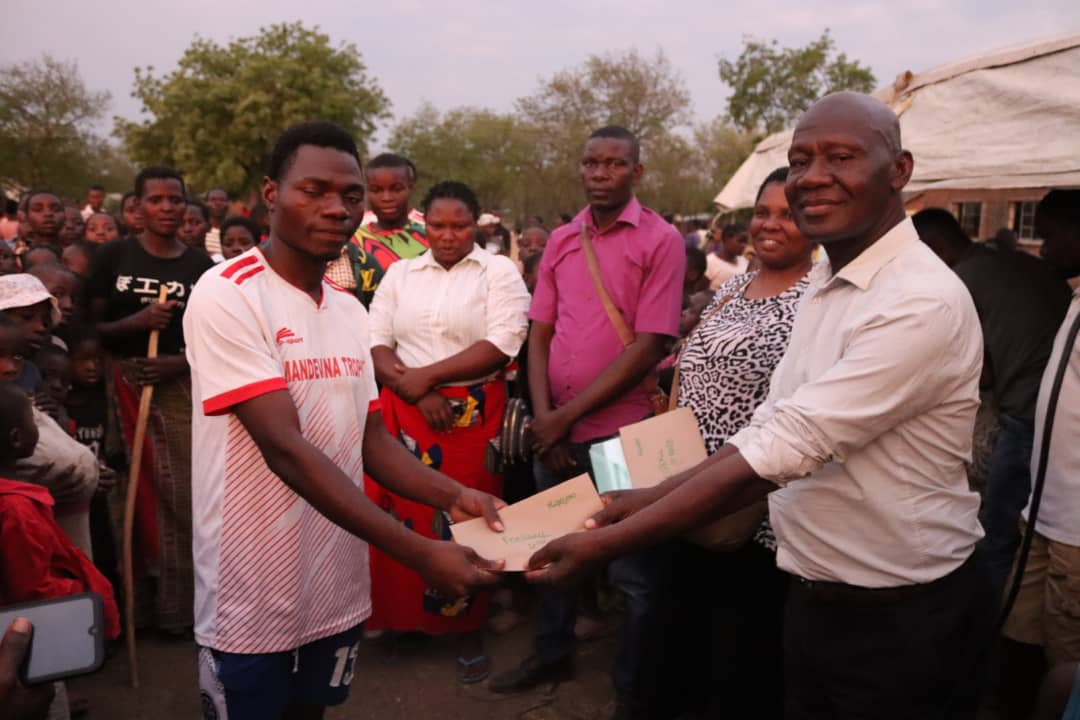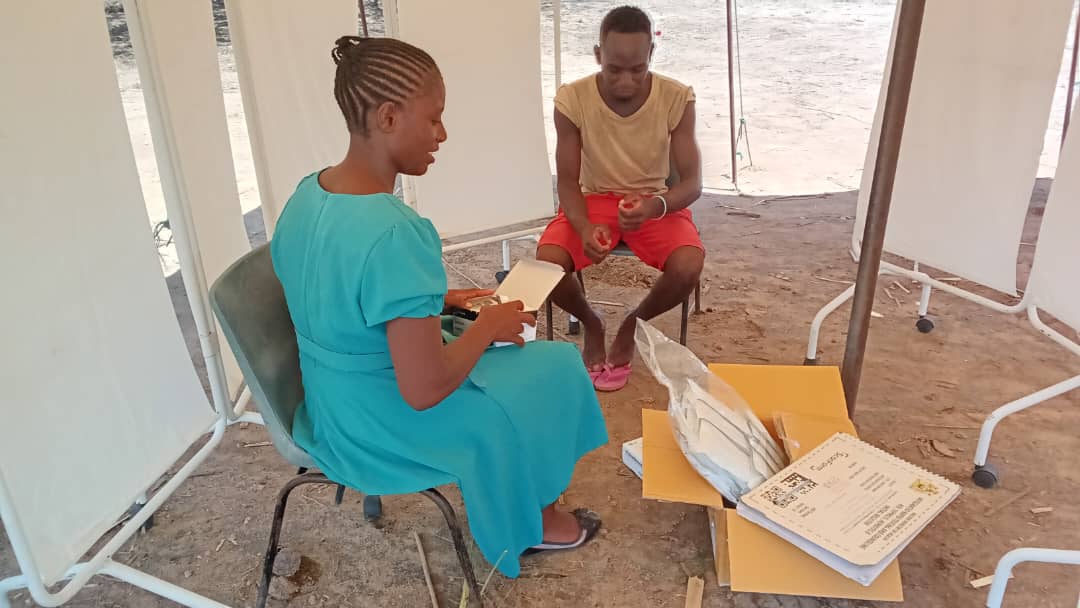FACE Malawi: Mid-Year Progress Report from January to June 2025:
by: Chikondi Frank Phuzo - 06|08|2025
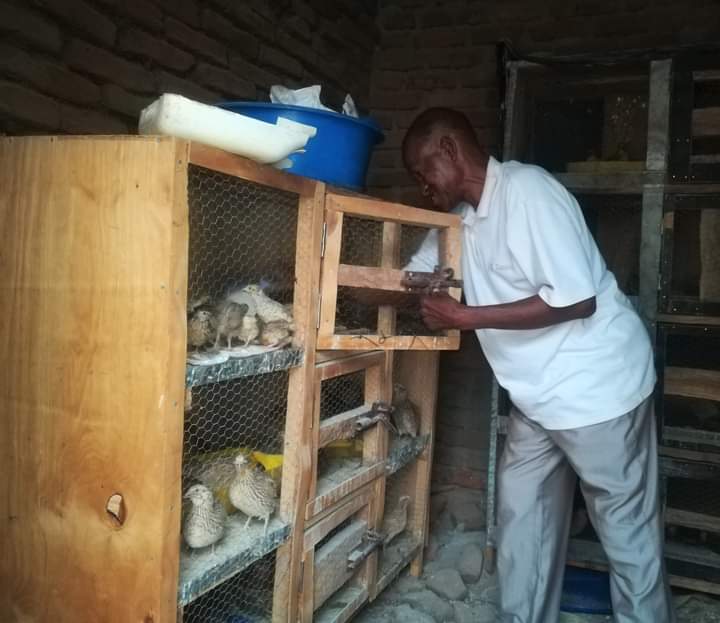
Between January and June 2025, Foundation for Active Civic Education (FACE) brought to life its vision of resilience, inclusion, and sustainability through dynamic development interventions under its 2023–2027 Strategic Plan. Despite surging inflation and logistical hurdles, FACE successfully delivered integrated programming focused on sustainable agriculture, climate adaptation, livelihoods, and institutional accountability in the vulnerable communities of Traditional Authority Mbenje, Nsanje District.
Solar Irrigation Powers a New Agricultural Era
At the Nyanfisi Irrigation Scheme, FACE made a groundbreaking impact by installing a solar-powered water pump, transforming agriculture for 35 smallholder farmers. The upgraded Grundfos SQF 3A-10 system, tested and commissioned by May 2025, can now fill a 10m³ tank in less than two hours, dramatically improving irrigation efficiency. With a smart upgrade from 425W to 555W solar modules at no extra cost, this innovation has empowered farmers to grow tomatoes, onions, and leafy greens sustainably throughout the year.
Beyond infrastructure, FACE inspired community ownership. Farmers have fenced the irrigation scheme to protect their asset and are working with FACE to explore crop insurance, ensuring long-term resilience against shocks.
Poultry Farming Unlocks Livelihoods for Youth and Women
To diversify income and enhance household nutrition, FACE established six poultry groups, focusing on youth and women in six villages. Today, 54 farmers (34 women, 20 men) are actively raising quail and chickens, supported by subsidized incubation services at only MK3,000 per tray. A youth-led group is now expanding into egg production, backed by ongoing capacity-building support from FACE.
The organization is also piloting local feed solutions to counter rising feed costs, setting the stage for a community-based model of sustainable poultry farming. This proves that with the right tools and mentorship, even rural communities can build profitable agribusinesses.
Environmental Stewardship: Trees and Bees for Climate Action
In a major green milestone, FACE exceeded its reforestation targets by supporting the planting of over 16,000 trees across five communities. Species like Neem, Mango, Masau, Acacia, and Msangu were planted on degraded lands, riverbanks, and homesteads, with a high survival rate of 85% (13,980 trees). Over 730 community members, the majority women, took part in these efforts.
Parallel to reforestation, FACE continued to promote beekeeping. Twenty farmers (14 women, 6 men) were trained in record-keeping and value addition, filling critical knowledge gaps in apiary management. Partnerships with the District Agriculture and Forestry Offices, and local Area Development Committees, further enhanced impact and coordination.
Promoting Transparency and Institutional Strength
FACE maintained its commitment to good governance through internal reforms and external coordination. A key board meeting reviewed strategic and fundraising plans, while monthly field monitoring ensured stakeholder alignment and accountability. FACE also participated in eight multi-stakeholder forums, engaging with partners around major initiatives such as the Constituency Development Fund and the Shire Valley Transformation Project.
Looking ahead, FACE is laying the groundwork for a Mid-Term Evaluation in partnership with All We Can, with village-level preparations already underway.
Innovation Amid Uncertainty
Despite severe national fuel shortages and commodity price hikes, FACE implemented all planned activities. Strategic bulk fuel purchases helped avoid market shocks, demonstrating the power of proactive planning in a volatile economy. FACE has also maintained political neutrality in the face of a heated lead-up to Malawi’s 2025 General Elections, ensuring uninterrupted service delivery.
What's Next?
In the coming months, FACE aims to:
Roll out the 2025 Mid-Term Evaluation to assess performance and refine strategy.
Scale up egg production enterprises and local poultry feed initiatives.
Expand climate-smart agriculture and deepen tree planting efforts.
